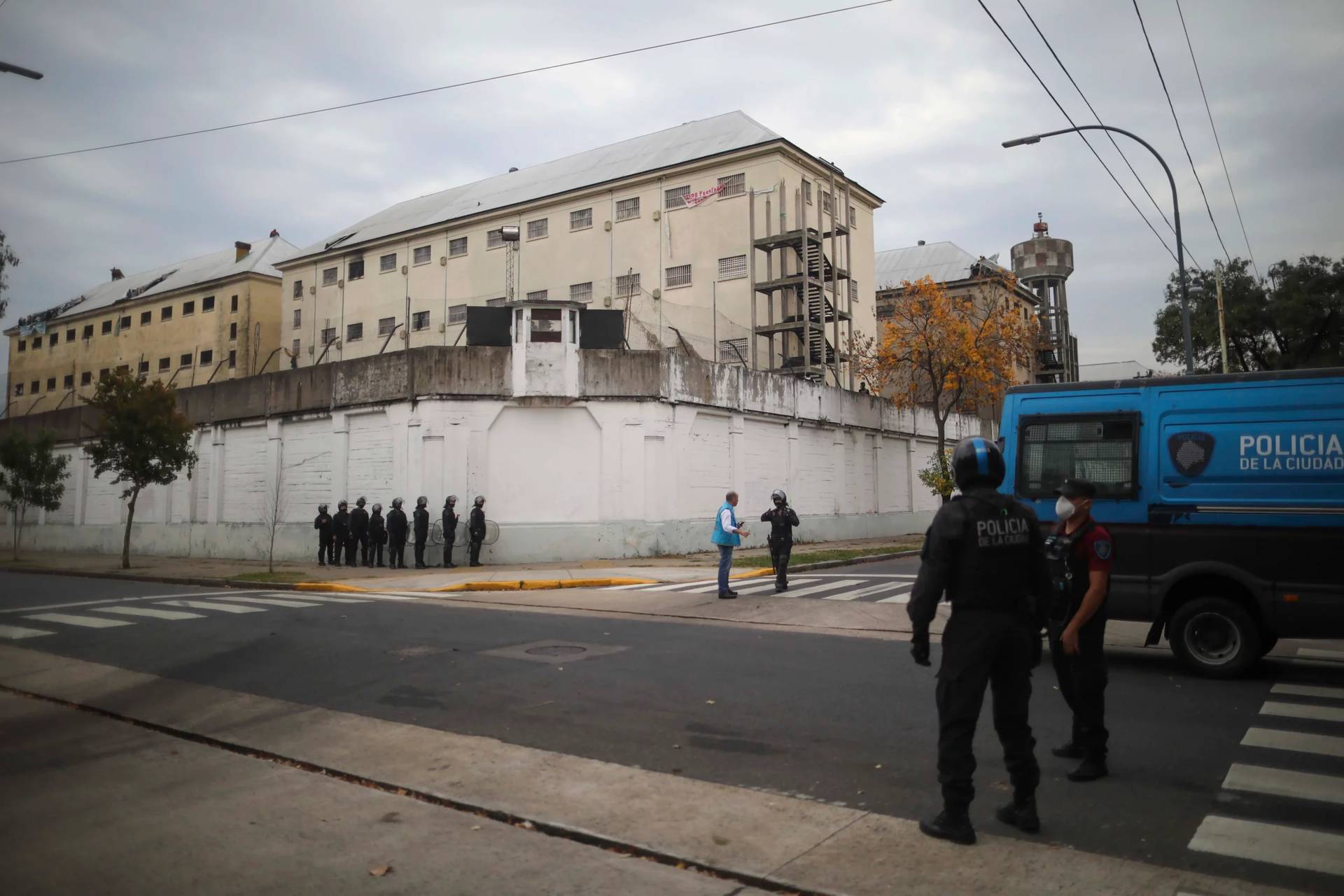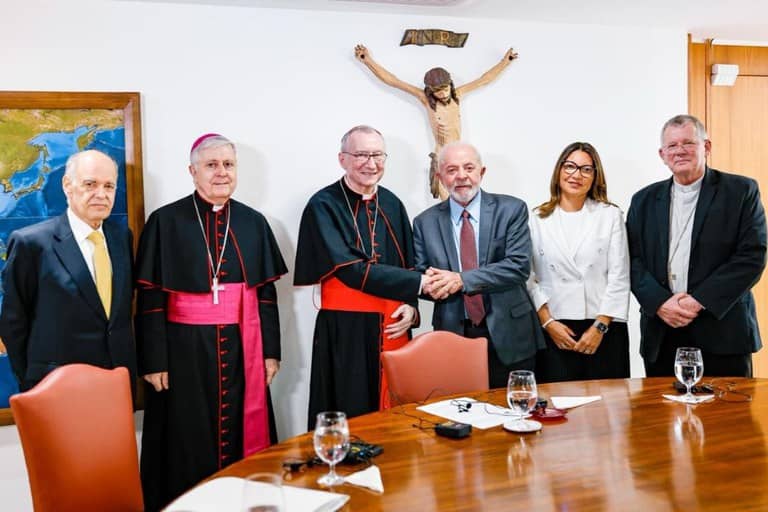NEW YORK – To describe the ever-worsening circumstances in Haiti Archbishop Thomas Wenski of Miami invokes the Haitian Creole word “gagòt,” which simply translates to “mess.”
“This is the worst Haiti has been for a long time,” Wenski told Crux. “It’s hard to see when it turns around. You think once it hits bottom it would start going on the uptick but every time we think we hit bottom we find out that bottom is even deeper.”
The comments from Wenski come in response to the kidnapping of 17 people by gang members outside of Port-au-Prince on Oct. 16 that had yet to be resolved on Oct. 19. The latest reports indicate the kidnappers are demanding a $17 million ransom.
The 17 people – six men, six women and five children – are associated with Christian Aid Ministries, an Ohio-based missionary group founded by the Amish and Mennonites. Their identities remain unknown to the public.
Christian Aid Ministries is an organization that works to be “a trustworthy and efficient channel for Amish, Mennonite, and other conservative Anabaptist groups and individuals to minister to physical and spiritual needs around the world,” according to its website. Its volunteers work to provide basic human needs, fight material poverty, supply bible resources, clean up and rebuild after natural disasters, help crisis victims and assist medical clinics.
In an Oct. 18 update on its website, Christian Aid Ministries said “civil authorities in Haiti and the United States are aware of what has happened and are offering assistance.” The statement continues that the organization is praying for a peaceful resolution.
“Join us in prayer that God’s grace would sustain the men, women and children who are being held hostage,” the update said. “Pray that those being held hostage could find strength to demonstrate God’s Love.”
Monsignor Pierre-André Pierre, who leads the National Haitian Apostolate in the U.S., told Crux that the “kidnapping is unacceptable” and “cannot be tolerated.”
“We demand the instant release of the missionaries that have been kidnapped,” Pierre said. “We also sympathize with the missionaries and their families, and we pray that one day they’ll be reunited with their loved ones.”
The 17 people – 16 Americans and one Canadian – were abducted on Oct. 16 between Titanyen, north of Haiti’s capital city Port-au-Prince, and the Croix des Bouquets area where they had spent the day visiting an orphanage.
The kidnappers have since been identified as the 400 Mawozo gang that controls areas surrounding Port-au-Prince including where the missionaries were abducted. The group, whose name loosely translates to 400 “inexperienced men,” is notorious for kidnappings and violence.
It was responsible for the kidnapping of five Catholic priests, two Catholic nuns and three relatives in April. They were later released. In that circumstance the kidnappers demanded a million-dollar ransom, though it’s still unclear whether or not it was paid.
Abductions in general have been a problem in Haiti all year. From January-September 2021 at least 628 kidnappings were recorded, according to data from the Center for Analysis and Research in Human Rights (CARDH) non-profit based in Port-au-Prince. CARDH also found kidnappings have increased in recent months. Its data shows there were at least 221 kidnappings July-September with 31, 73, and 117 respectively, an increase of nearly 300 percent.
Bishop Robert Brennan of Columbus, whose diocese encompasses Ohio’s Holmes County, where Christian Aid Ministries is based, told Crux the news of the kidnapping was “deeply distressing.”
“I pray for their safe return and for all of their families,” Brennan said. “At the same time, I continue to pray for the people of Haiti who have suffered so much recently from earthquakes to tropical storms as well as from political turmoil and violence. As Catholics, we join the intercession of Our Lady of Perpetual Help, patroness of Haiti, asking the Lord for peace.”
Security has worsened and violence has risen in Haiti due to the nation’s political turmoil that has only increased since President Jovenel Moïse was assassinated in July. Gangs have taken over many parts of the country, especially the areas surrounding Port-au-Prince.
“You have a government that’s pretty weak without any popular support and a gang situation that’s gotten out of control,” Wenski said, noting that the country is still largely unvaccinated against COVID-19. It was also hit by a 7.2 magnitude earthquake in August.
“From every angle – health wise, economic wise, political wise, social wise – all of the indicators are very alarming,” Wenski said. “It’s a great humanitarian crisis.
The archbishop said he spoke with the Haitian bishops on Oct. 13 via Zoom where he was told they’re looking to move students and faculty out of a seminary in the area where the 17 people were kidnapped “because the security situation in that area has degenerated to such an extent because of the 400 Mawozo gang.”
Pierre also said he’s in constant contact with Catholics in Haiti who describe a dire situation.
“It’s a real difficulty for people to move around, for children to go to school, for people to go to their usual occupations,” the priest said. “It’s a tragedy what is going on at this time in the country.”
The situation is so volatile, he added, that foreign missionaries, and even natives, need to be very careful and refrain from traveling to certain parts of the country.
“Going to an orphanage, helping children, this is something that comes from your heart,” Pierre said. “You do not resist when you see the need and you want to bring a solution about it, but sometimes we have to evaluate questions and see how risky it is. There are some spots I would not advise someone to go to even from the country itself.”
Follow John Lavenburg on Twitter: @johnlavenburg

















